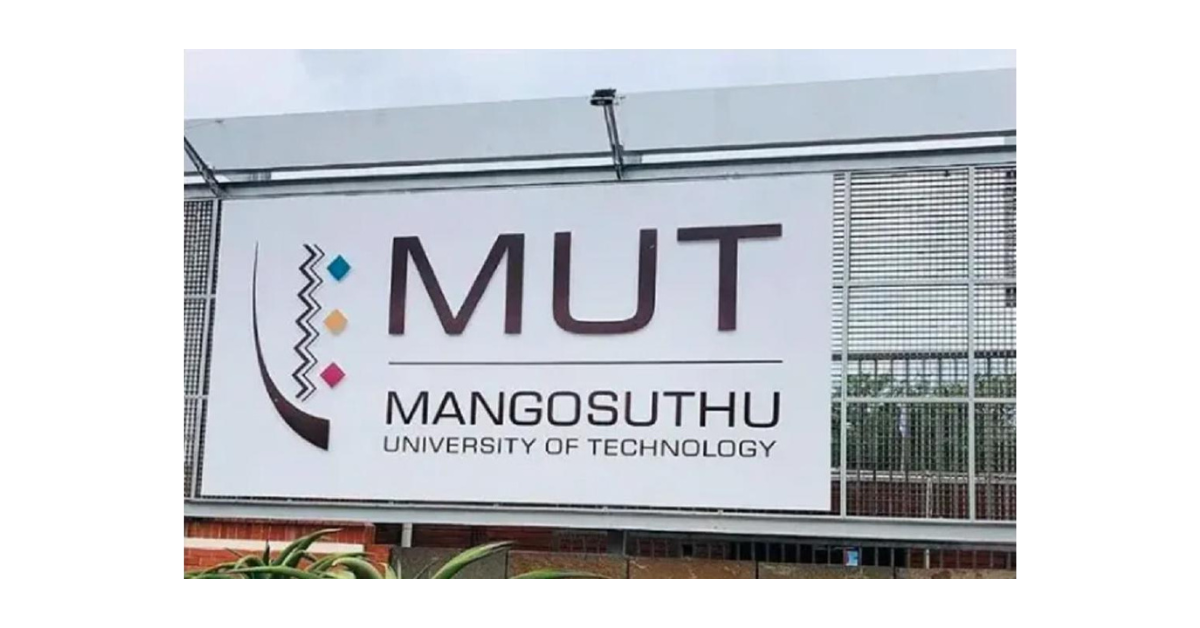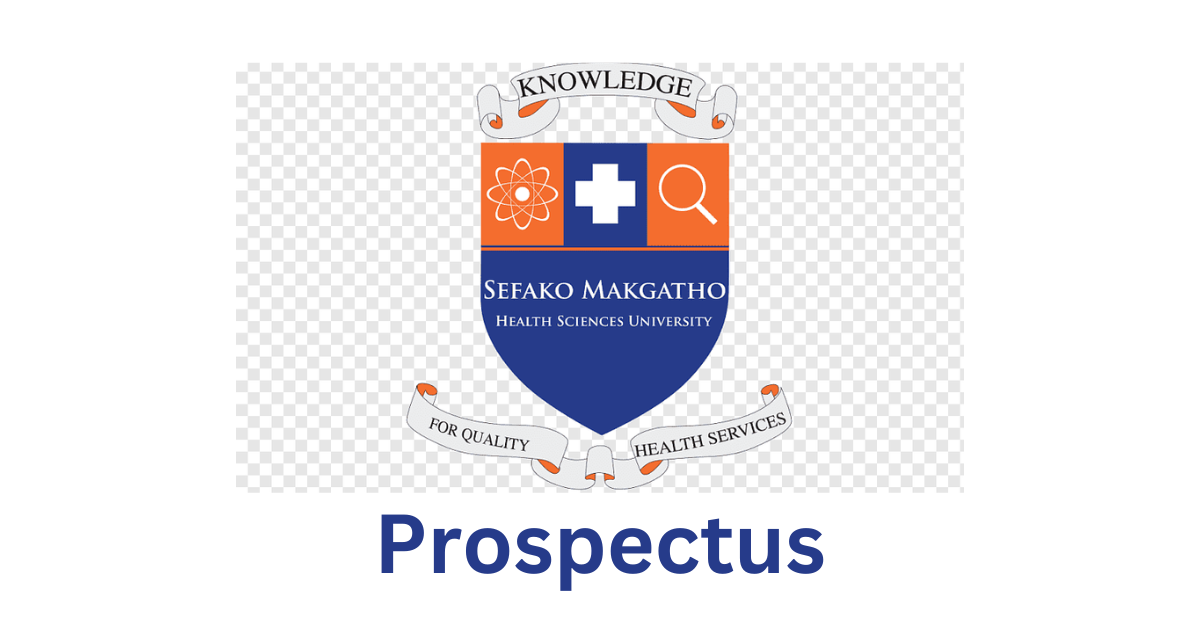Stellenbosch University, a leading institution in South Africa, is celebrated for its academic rigor and commitment to shaping future leaders. Among its distinguished faculties, the Faculty of Economic and Management Sciences stands out as a beacon for students passionate about business, economics, and management. This faculty equips students with the tools to navigate and excel in a globalized and competitive economic landscape.
This article explores the wide array of courses offered within the Faculty of Economic and Management Sciences, focusing on categories of courses, qualifications, course requirements, and the application process.
How to Apply
The application process for Stellenbosch University is user-friendly, and designed to accommodate local and international applicants.
1. Research Programmes
Prospective students should thoroughly review the courses offered, ensuring alignment with their career aspirations and academic background. The university’s website provides detailed information on program content and requirements.
2. Prepare Supporting Documents
Applicants will need to submit the following:
- Certified copies of academic transcripts and qualifications.
- Proof of language proficiency (if required).
- A valid identification document or passport for international applicants.
- Additional documents like motivation letters, CVs, or research proposals for specific programs.
3. Submit an Online Application
Stellenbosch University’s online application portal allows applicants to:
- Create an account and complete the application form.
- Upload required documents.
- Pay the application fee, if applicable.
- Apply before the stated deadline.
4. Monitor Application Status
After submission, applicants can track their application’s progress via the portal. Communication regarding the application outcome will typically be sent via email.
5. Acceptance and Enrolment
Upon acceptance, applicants will receive an offer letter with instructions on course registration, tuition fee payments, and orientation schedules.
Categories of Courses
The Faculty of Economic and Management Sciences offers a comprehensive suite of programs designed to address the dynamic needs of the global economy. These courses are tailored for students aiming to become thought leaders and innovators in their respective fields.
1. Economics and Financial Sciences
These courses focus on understanding economic systems, financial markets, and fiscal policies. Key areas include:
- Economics: Analysing market trends, economic policies, and macroeconomic models.
- Financial Management: Exploring investment strategies, corporate finance, and risk management.
- Actuarial Science: Applying mathematical and statistical methods to assess financial risks.
2. Business Management and Entrepreneurship
These programs cater to those aiming to thrive in corporate leadership or start their businesses. Highlights include:
- Business Management: Covering topics such as strategic planning, operations, and marketing.
- Entrepreneurship: Focusing on innovation, start-up strategies, and business scaling.
- Supply Chain Management: Understanding logistics, procurement, and operations.
3. Accounting and Auditing
Accounting courses are designed for students interested in pursuing careers in finance, compliance, and auditing.
- Accounting: Preparing students for careers as chartered accountants or financial controllers.
- Auditing: Emphasising regulatory compliance and risk assessment.
4. Public and Development Management
Courses in this category focus on governance, public service delivery, and sustainable development.
- Public Administration: Equipping students for roles in government and non-profit organizations.
- Development Studies: Analysing social policies and programs aimed at poverty alleviation.
Qualifications
The Faculty of Economic and Management Sciences offers a variety of qualifications to cater to different academic levels and career goals.
1. Undergraduate Degrees
- BCom (Bachelor of Commerce): A versatile degree with specializations in fields such as Economics, Finance, Marketing, and Human Resource Management.
- BAcc (Bachelor of Accounting): Designed for students aspiring to become professional accountants or auditors.
- BCom Management Sciences: Focused on analytical and managerial skills.
2. Postgraduate Degrees
- Honors Degrees: One-year programs offering advanced study in a specific area, such as Economics or Taxation.
- Master’s Degrees: Both research and coursework-based options, including MBAs and MScs in Finance or Economics.
- Doctoral Degrees (PhD): Focused on original research and contributing to academic knowledge.
3. Short Courses and Diplomas
For professionals and lifelong learners, the faculty offers diplomas and certificate courses in fields such as Project Management, Leadership, and Financial Planning.
Course Requirements
The entry requirements for the Faculty of Economic and Management Sciences vary depending on the level and type of program.
1. Undergraduate Admission Requirements
- National Senior Certificate (NSC): Applicants must have a recognized matriculation certificate or equivalent.
- Minimum APS Score: An Admission Point Score (APS) meeting the faculty’s threshold. The APS is calculated based on high school results.
- Subject-Specific Requirements: Courses like Actuarial Science may require high marks in Mathematics, while others might require proficiency in Accounting or Economics.
- Language Proficiency: Proficiency in English and/or Afrikaans is essential, as these are the mediums of instruction.
2. Postgraduate Admission Requirements
- Relevant Undergraduate Degree: An appropriate bachelor’s degree in the chosen field is required.
- Academic Performance: Strong academic records in undergraduate studies.
- Additional Criteria: Some programs may require interviews, motivation letters, or professional experience (e.g., MBA).
Why Choose Stellenbosch University for Economic and Management Sciences?
1. World-Class Reputation
Stellenbosch University is consistently ranked among the top institutions in Africa, with its Faculty of Economic and Management Sciences enjoying international recognition.
2. Industry-Driven Curriculum
The faculty’s programs are designed in collaboration with industry experts, ensuring relevance and practical applicability in the workforce.
3. Research and Innovation
Students benefit from cutting-edge research opportunities, supported by experienced faculty and modern facilities.
4. Career Opportunities
Graduates are well-prepared for diverse careers in corporate management, financial services, public administration, and entrepreneurship.
5. Dynamic Campus Environment
The university’s vibrant campus life, nestled in the picturesque town of Stellenbosch, provides a perfect blend of academic and extracurricular activities.
Embarking on a journey with Stellenbosch University’s Faculty of Economic and Management Sciences is more than an academic pursuit—it’s a gateway to becoming a global leader. Whether your passion lies in understanding economic complexities, managing dynamic organizations, or creating impactful public policies, the faculty provides the foundation for success.
For further details, visit the official Stellenbosch University website.



